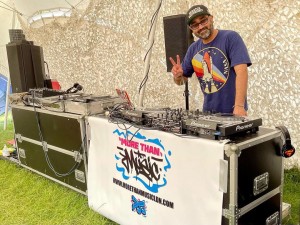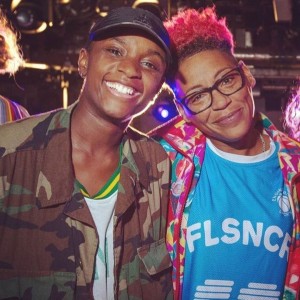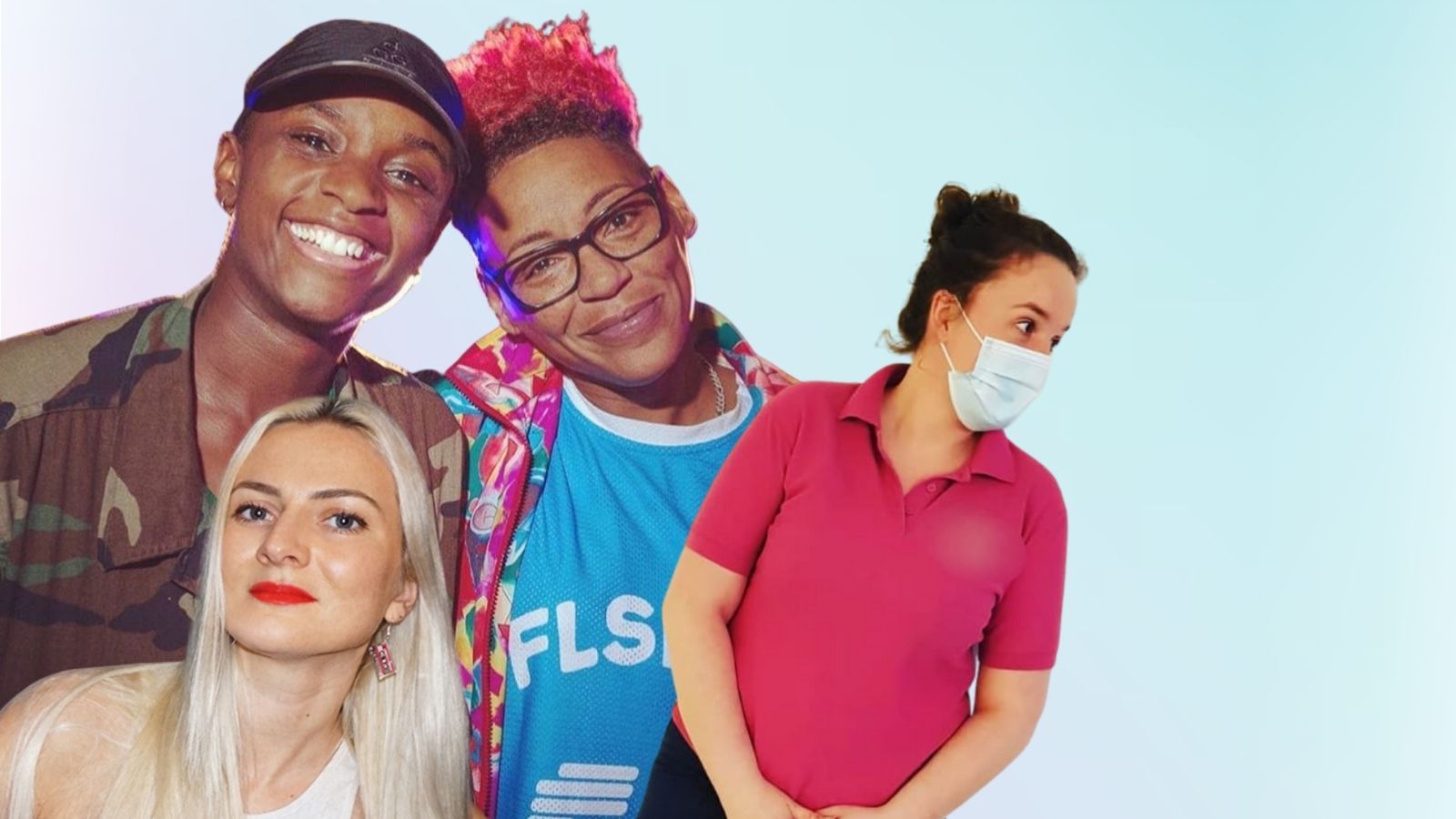We interviewed 7 musicians to hear their thoughts on the state of diversity in the music industry and the future of inclusion efforts in music.
Written by Olivia Eguia
In 2018, Francis McDormat momentarily propelled the term “inclusion rider” to the forefront of the arts and entertainment industry after her acceptance speech at the Oscars. Three years later, many major players in the arts and entertainment industry, including the music industry, remain ignorant as to what inclusion riders are and what purpose they serve. An inclusion rider is “a provision in an artist’s contract that stipulates that a certain level of diversity is met on an event line-up,” according to Pirate Studios. In the music industry, less than 7% of artists have inclusion clauses in their contracts. In an age where it seems the creative world is pushing towards a more diverse and inclusive environment, it’s surprising that inclusion riders are so few and far between. We asked several DJs and musicians to comment on the state of diversity in the electronic music and DJ scene, and give us their thoughts on inclusion riders.
Out of 7 artists interviewed, every person was familiar with the concept of inclusion riders but only one artist had actually implemented one. However, all of the artists interviewed clearly stated that they worked diligently within their communities to be inclusive, hire inclusive crews, and foster diverse and creative environments. When asked if they would be willing to implement riders in the future, every single artist expressed an interest. Many see great potential benefits in putting riders in place.

“The biggest and most obvious benefit is representation,” says London DJ and producer DJ Shorty. “[It] may not be intentional, but the truth of the matter is that so many promoters and event organizers are white and it has a knock on effect.”

For MC Chickaboo, a rapper from London, inclusion riders are comparable to corporate laws surrounding gender equality and anti-gender discrimination. “They were forced to employ women and remove the glass ceiling,” she says. “Now there are women executives and CEOs, so if the same were to be forced in our industry, it means in the future there would be much more opportunities for diversity.”
When discussing the pros and cons of implementing riders, many artists expressed that in a perfect world, inclusion riders wouldn’t be necessary. “I feel like it’s a thing that shouldn’t exist, but racism and prejudice are alive and well, so anything we can do to combat it is worth it, ” says DJ Shorty.
Sweetpea, a DnB/Jungle DJ and producer from London, says that inclusion and diversity efforts have to come from everyone in the industry. “It should be down to the most represented in music – white men – to show solidarity to those that are underrepresented.” MC Chickaboo echoes this sentiment, saying, “We need our male colleagues to see the difference and help out.”
While all of the artists expressed excitement over the positive effects that inclusion riders could have, some cautioned against the potential negative effects of contractually mandating inclusivity. “I’m noticing a tokenistic effect being carried out by some promoters booking me,” says MC Chickaboo. Tokenism is the opposite intended effect of inclusion riders, as this cheapens diversity efforts to a mere checkmark. However, legally and contractually demanding diversity and inclusion could potentially run the risk of allowing tokenistic tendencies to influence the music industry. DJ Shorty says he would prefer people to be given work based on their skills and “not just to meet an agenda,” which could be an inadvertent consequence of the popularization of inclusion riders.

DJ and podcast host, Lex on the Decks, disagrees. “I think a lot of people worry that it means artists or talent will get booked purely for their demographic rather than their skill, but I don’t think that’s ever the case! There are too many talented people to not get booked for your talent. Inclusion riders are just another way of equalizing opportunity.”

As for the future of inclusion riders, artists are largely optimistic. “I am hoping the concept being implemented by more acts and agencies will have a productive impact moving forward in terms of starting more conversations with promoters about representation, and ensuring that events accurately represent local and national scenes, creating more inclusive scenes,” says DJ and producer, Jon1st, who is one of the growing number of artists that has implemented an inclusion rider in his contracts. Lex on the Decks claims she “wouldn’t be surprised” if representation becomes a legal mandate in the next five years.

Ultimately, it’s up to the artists to begin normalizing inclusion riders. “I feel like artists think it’s a jump into the unknown, and are a bit scared to make the first move. But like any kind of change for good, it takes one person, label, agency, or organization to make this change, and then the rest will follow,” says Sweetpea. As far as encouragement for other artists to implement riders, MC Chickaboo gives a compelling argument. “It’s really not that hard. It won’t make a difference in [your] careers, but it would make our whole musical world change. Imagine that power!”
Imagine that power, indeed.


